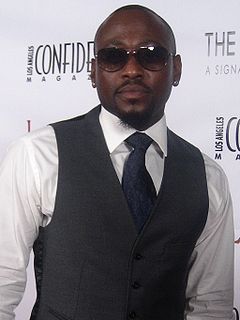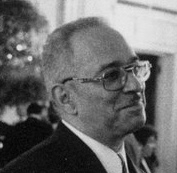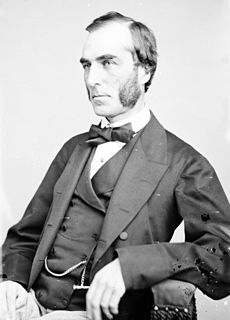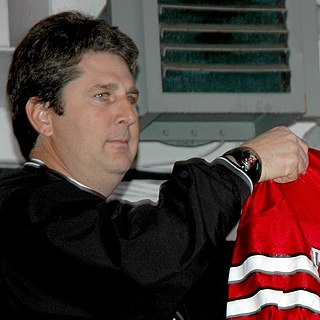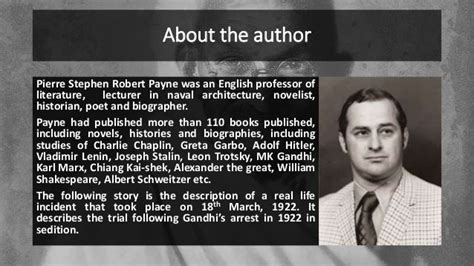A Quote by Omar Epps
Related Quotes
Modern Romans insisted that there was only one god, a notion that struck Alobar as comically simplistic. Worse, this Semitic deity was reputed to be jealous (what was there to be jealous of if there were no other gods?), vindictive, and altogether foul-tempered. If you didn't serve the nasty fellow, the Romans would burn your house down. If you did serve him, you were called a Christian and got to burn other people's houses down.
Among the innumerable monuments of architecture constructed by the Romans, how many have escaped the notice of history, how few have resisted the ravages of time and barbarism! And yet even the majestic ruins that are still scattered over Italy and the provinces, would be sufficient to prove that those countries were once the seat of a polite and powerful empire.
Two hundred Romans, and no one’s got a pen? Never mind!" He slung his M16 onto his back and pulled out a hand grenade. There were many screaming Romans. Then the hand grenade morphed into a ballpoint pen, and Mars began to write. Frank looked at Percy with wide eyes. He mouthed: Can your sword do grenade form? Percy mouthed back, No. Shut up.
America now stands as the world's foremost power. We should be proud: Not since the age of the Romans have one people achieved such preeminence. But we are not Romans; we do not seek an empire. We are Americans, trustees of a vision and a heritage that commit us to the values of democracy and the universal cause of human rights.
When the Egyptians were building the pyramids or the Romans were building roads, or you had the westward push with the railroads, I don't think that the guys on the ground were spending a lot of time thinking, 'Hey, hundreds or thousands of years from now they will look back at the brick I have just laid down here and say that I changed the world!'
Our patriotism comes straight from the Romans. This is why French children are encouraged to seek inspiration for it in Corneille. It is a pagan virtue, if these two words are compatible. The word pagan, when applied to Rome, early possesses the significance charged with horror which the early Christian controversialists gave it. The Romans really were an atheistic and idolatrous people; not idolatrous with regard to images made of stone or bronze, but idolatrous with regard to themselves. It is this idolatry of self which they have bequeathed to us in the form of patriotism.
